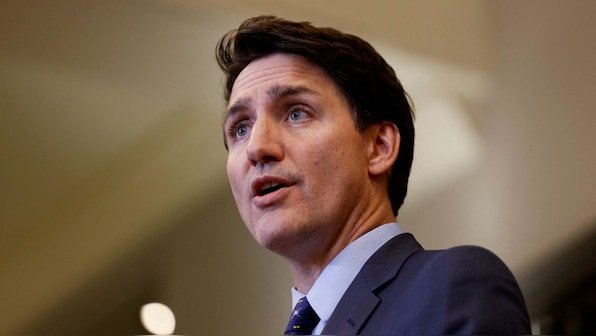
Prime Minister Justin Trudeau’s minority government is facing an uncertain future as the weight of nine years in power and rising voter fatigue threaten to shake his Liberal Party’s hold on Parliament.
The Liberals, who have governed without a majority since 2019, now find themselves increasingly reliant on the cooperation of other parties– Bloc Quebecois and New Democratic Party (NDP)– to survive in a political landscape that grows more precarious by the day.
Now, Bloc Quebecois’ support appears to have worn out. In return for its support, Bloc Quebecois leader Yves-Francois Blanchet had asked the Liberals to increase funding for seniors and protect tariffs and quotas for dairy farmers, a vital industry in Quebec.
The deadline to do that has passed, and the limit of Blanchet’s patience seems to have been breached.
He announced Tuesday (October 29) that he is working to bring down Trudeau’s government. “We are negotiating with opposition parties in order to have the government fall,” he told reporters.
Can Justin Trudeau survive this attempt?
While Bloc Quebecois withdrawing its already precarious support is a major blow to Trudeau, it’s not the straw that will break the camel’s back.
That would be the NDP. This left-leaning party, led by Jagmeet Singh, holds considerable influence over the stability of Trudeau’s government. Twice within five weeks, the party has voted to sustain the Liberals in confidence votes.
Unless Blanchet, whose party is the second-largest among those sitting in opposition, secures NDP’s support or at least chips it away enough, Trudeau is likely to remain safe.
Not for long, though.
Polls show both the NDP and Liberals would perform poorly in an election that must be held by the end of October 2025. Surveys of public opinion regularly show the official opposition Conservatives are on track for a big win.
Content retrieved from: https://www.firstpost.com/world/canadas-bloc-quebecois-joins-opposition-to-topple-minority-govt-can-trudeau-last-13830401.html.




